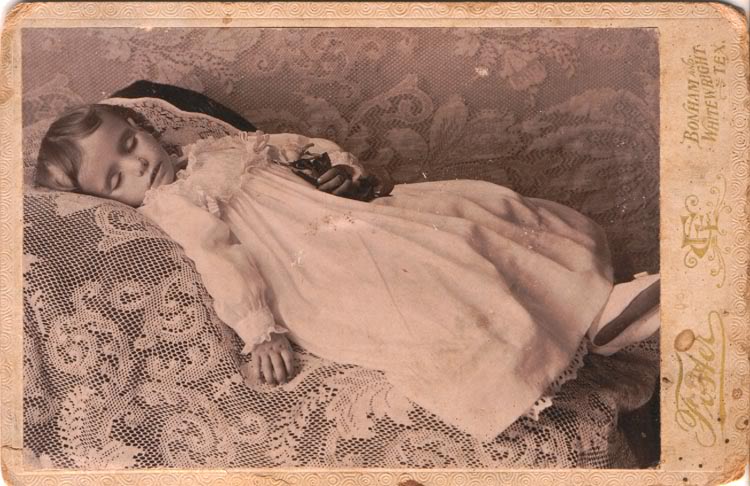
James Russell Lowell (1819–1891) was an American poet, critic, editor, and diplomat, who knew some fame through his literary criticism and satirical works. On December 26, 1844 he married Maria White, who wrote poetry and was active in the anti-slavery movement. She convinced him to join the abolitionist cause, and he devoted to it a large part of his writings.
The couple had four children, three of whom died in infancy. Their first daughter Blanche, born on December 31, 1845, died in 1847, aged fifteen months; their third daughter Rose, born in 1849, lived a few months; their son Walter was born in 1850 but died in 1852. Only their second daughter Mabel, born in 1847, survived. Moreover, in 1850 Lowell’s mother died unexpectedly, as did his daughter Rose, and his wife Maria, who had been suffering from poor health for many years, became very ill in the spring of 1853 and died of tuberculosis on October 27 of that year. Lowell got suicidal thoughts, but he found solace in his sole surviving daughter Mabel.
Some poems by Lowell evoke the death of his first daughter Blanche. For instance, in “The First Snowfall,” the poet looks at the snow through the window, then “I thought of a mound in sweet Auburn / Where a little headstone stood;” and
Up spoke our own little Mabel,
Saying, “Father, who makes it snow?”
And I told of the good All-Father
Who cares for us here below.
Finally,
Then, with eyes that saw not, I kissed her:
And she, kissing back, could not know
That my kiss was given to her sister,
Folded close under deepening snow.
Wikisource (as well as other sources) dates this poem 1847, but Mabel was just born that year, she could thus not yet speak then.
The poem “She came and went” is generally considered as devoted to the memory of Blanche. I present here the transcription by Wikisource, one can also find it on All Poetry, Poetry Archive and My poetic side.
She Came and Went
As a twig trembles, which a bird
Lights on to sing, then leaves unbent,
So is my memory thrilled and stirred;—
I only know she came and went.
As clasps some lake, by gusts unriven,
The blue dome’s measureless content,
So my soul held that moment’s heaven;—
I only know she came and went.
As, at one bound, our swift spring heaps
The orchards full of bloom and scent,
So clove her May my wintry sleeps;—
I only know she came and went.
An angel stood and met my gaze,
Through the low doorway of my tent;
The tent is struck, the vision stays;—
I only know she came and went.
O, when the room grows slowly dim,
And life’s last oil is nearly spent,
One gush of light these eyes will brim,
Only to think she came and went.
Wikisource dates this poem 1843, but Blanche died in 1847.
Two slides presentations analysing the poem can be found on Prezi: here and here.
Previously published on Agapeta, 2019/01/25.

